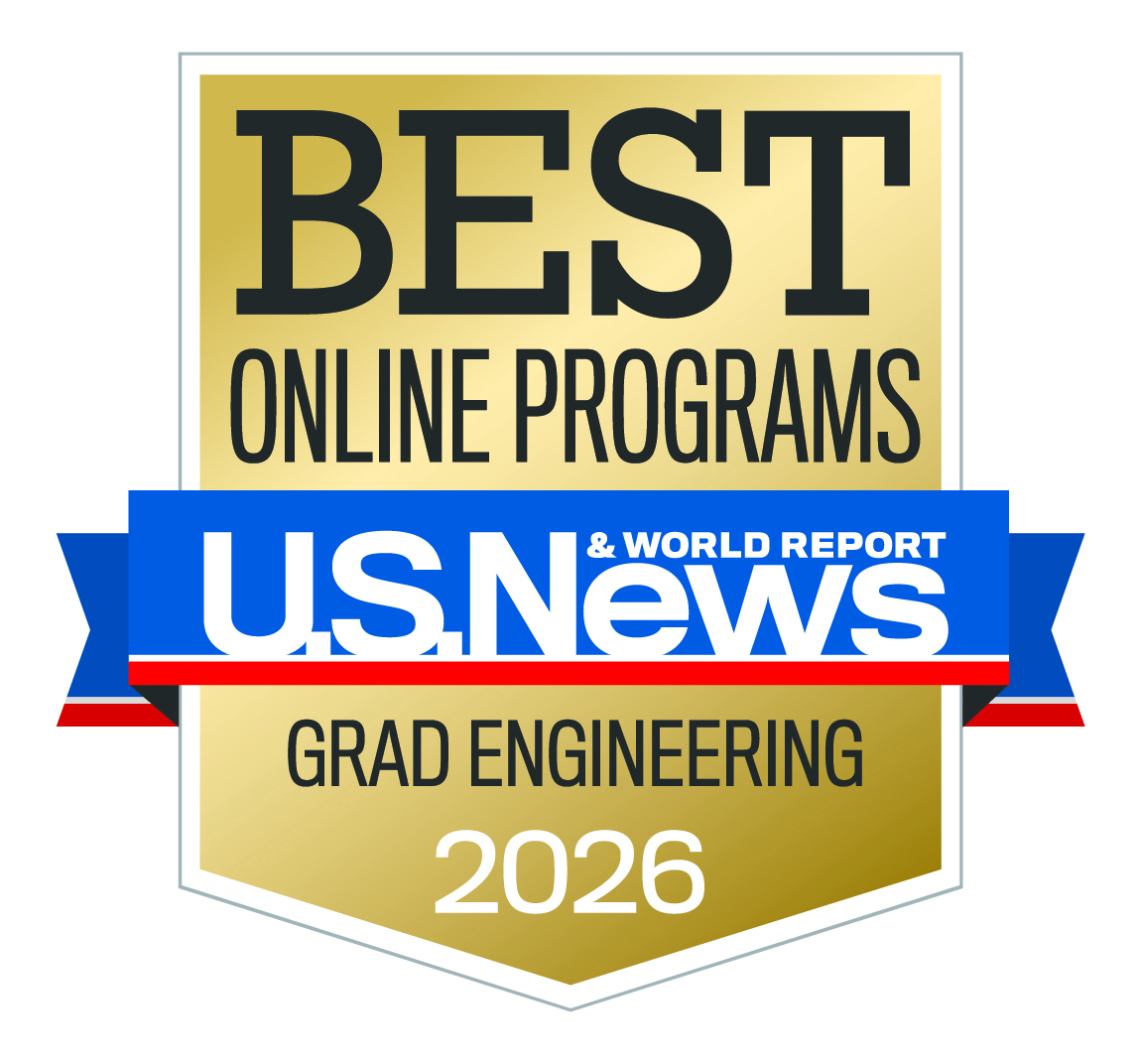Mechanical and Nuclear Engineering
Master of Science in Engineering with a concentration in aerospace engineering
Apply your engineering knowledge to the mechanisms of flight and space with a concentration in aerospace engineering, part of the master’s program at the VCU College of Engineering. This growing field has employment opportunities covering a wide range of engineering disciplines from material science to mechanical design, sensor development and more. The VCU College of Engineering is among the best graduate programs in the nation as ranked by U.S. News and World Report. Combined with our industry connections and access to Richmond-area businesses, VCU Engineering is a solid choice for your continuing education.
What You’ll Learn
Our 30-credit program can be completed in about two years by full time students. You will learn to work in cross-disciplinary teams focused on the design, development and testing of vehicles like aircraft, spacecraft, satellites and missiles.
Apply your engineering, science and mathematical knowledge to formulate solutions to new and existing problems while communicating your findings to colleagues, industry and community stakeholders.You will develop expertise in areas like:
- Analysis
- Continuum mechanics
- Heat and mass transfer theory and applications
- Materials
The following VCU College of Engineering online master's degree programs are top ranked by U.S. News & World Report.

Close to the aerospace industry hubs of Washington D.C. and Norfolk, Virginia, the VCU College of Engineering gives you access to both regions with a lower cost of living.
Etched into the landscape of Richmond, the college gives students access to a culturally vibrant and diverse city full of potential. We focus on developing close partnerships with public institutions and private businesses in order to give you unique learning and job opportunities. Many of our courses are taught by industry professionals actively engaged in the practice of aerospace engineering.
Master’s program students also have access to benefits like:
- Learn from industry professionals with classes taught by practicing aerospace engineers
- Access to aerospace technology hubs in Washington D.C. and Norfolk while enjoying the lower cost of living in Richmond
- Learn when and where you want with a combination of in-person and online classes designed to work with your schedule in mind
- Dedicated Career Services department that provides internship and employment opportunities
- Industry connections through college partnerships with public and private industry
- Interdisciplinary education to teach collaboration with engineering practitioners outside your field of study
Reference the VCU Bulletin for a full list of mechanical and nuclear engineering classes. Master’s program courses are 500 level and above (for example, EGMN 605). Below are a few signature courses from the program:
- Solid Mechanics and Materials Behavior (EGMN 608): Study stresses and strains in two- and three-dimensional elastic problems along with failure theories and yield criteria. You will also perform analysis and design of load-carrying members, energy methods and stress concentrations along with elastic and plastic behavior, fatigue and fracture and composites.
- Advanced Turbomachinery Systems (EGMN 662): Learn the principles used in analyzing and designing compressors and turbines. You will be expected to design a gas turbine to meet specific mission requirements. Upon completion of the course, students will be able to understand the design systems and techniques used in the aeropropulsion and gas turbine industries.
- Advanced Modeling and Simulations (EGMN 625): Use the finite element method to solve applied engineering problems at an advanced level. Special focus will be largely on solid mechanics and thermal problems. Topics include material and geometric nonlinearities, contact problems, dynamic problems and application of constraint equations. Commercially available finite element method software ANSYS will be utilized and you will learn to use it at an advanced level through utilizing commands and basic programming features.
A graduate degree in mechanical and nuclear engineering can facilitate career advancement in a number of aerospace specializations like:
- Avionics design
- Communications
- Guidance
- Instrumentation
- Materials development
- Propulsion
- Rocket launch systems
- Structural design
Consider possibilities like:
- Stress Manager: Apply mechanical engineering expertise to the structural analysis of aircraft, missiles or spacecraft. Lead and coordinate teams of engineers to facilitate the development or refinement of aviation structures.
- Aerospace Quality Manager: Develops, administers and maintains quality assurance procedures and activities required to ensure that the company's products are following quality standards. Will also lead/coach process improvement teams across functions.
- Senior manufacturing engineer: Design, develop, and implement tooling and equipment for use in a production environment where required to achieve safety, quality, delivery and cost requirements while also contributing to design reviews acting as an expert in design for manufacture, design for test, productivity, supplier capability assessments, quality control, etc.
With the help of our Career Services team, VCU College of Engineering graduates have many opportunities to network with alumni and industry professionals. Our students work at companies like:
- General Electric Aerospace
- Jacobs
- Lockheed Martin
- Skydio
How to apply
VCU offers an online, self-managed application process. See what’s needed to apply for an engineering graduate program and reference our list of Frequently Asked Questions (FAQ).